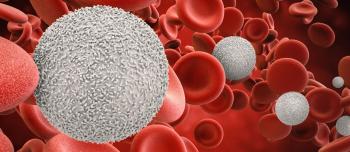The history of hemophilia treatment is marked by an evolution that has ultimately led to increased life expectancy for persons with hemophilia. By 2050, 20% of the hemophilia population will be over 60 years of age. The increase in life expectancy among persons with hemophilia has been accompanied by the emergence of conditions related to aging in the hemophilia population. The Partners in Bleeding Disorders Education Program recently launched an online learning activity entitled, “Psychosocial Considerations in Bleeding Disorder Care: Aging with Hemophilia.” This activity aims to help HTC providers address the evolving psychosocial nees of an aging hemophilia population that grapples with the complications of aging.
This module is available until 5:00pm Eastern Time, June 30, 2018. It is targeted to social workers, nurses and other members of the multidisciplinary team at federally-recognized hemophilia treatment centers (HTCs) who routinely encounter psychosocial issues related to aging in persons with hemophilia.
This activity is provided for 1.25 contact hours under American Nurses Credentialing Center (ANCC) criteria.
The University of Nebraska Medical Center College of Nursing Continuing Nursing Education is accredited as a provider of continuing nursing education by the American Nurses Credentialing Center's Commission on Accreditation.
Established in 1996, the Partners Program promotes excellence in care through education created by and for the federally recognized HTC Network and providers from a variety of disciplines that serve patients with bleeding and other coagulation disorders. The program is a collaborative initiative of the Indiana Hemophilia & Thrombosis Center, NHF, and the Hemophilia Foundation of Michigan. Funding to support the Partners in Bleeding Disorders Education Program is provided through an unrestricted educational grant from Shire.





